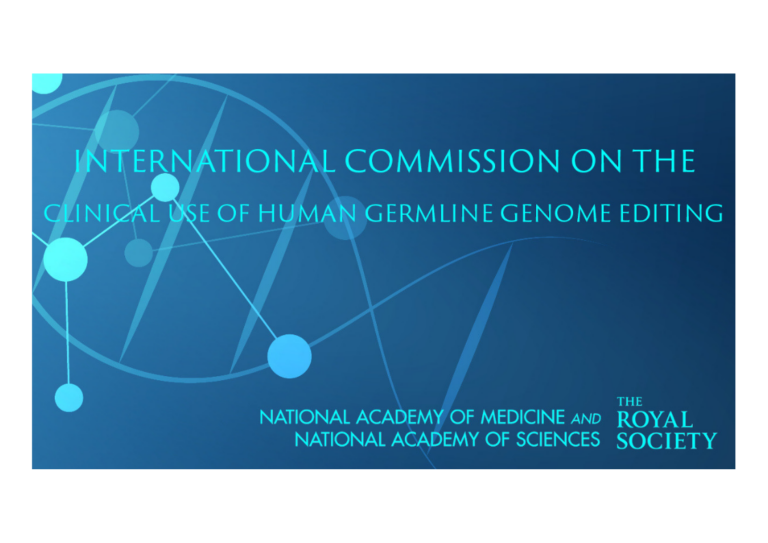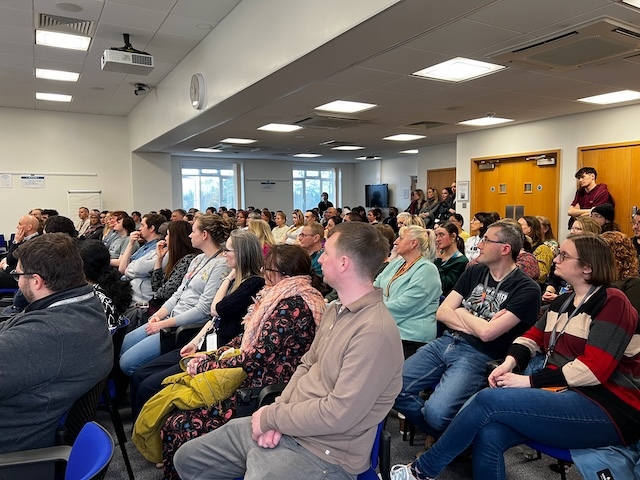It was announced in June that MRC Harwell Programme Leader Dr Andy Greenfield would be joining the International Commission on the Clinical Use of Human Germline Genome Editing. Expert representatives from 10 nations have convened to consider possible frameworks for the clinical use of human germline genome editing should the technique receive the acceptance of society and state leaders in the future. Members are due to meet throughout the year and a final report is expected to be released in spring 2020.
To inform its deliberations, the Commission has now put out a public call for evidence. External experts are invited to respond to a series of questions and provide citations and evidence to support their answers. Several questions in the call invite broad input, while others are more technical in nature – respondents are encouraged to address those questions most relevant to their areas of expertise.
Questions include:
- Which diseases and conditions, if any, do you see as appropriate for human germline genome editing?
- How might animal models inform the editing in human embryos (inclusive of analysis of phenotypic correction)?
- What are the appropriate mechanisms for obtaining informed consent, long-term monitoring of the future children, assessing potential effects in subsequent generations, and addressing untoward effects?
- How should we think about the inter-generational medical (e.g., genetic changes to the genome) and ethical implications of human germline genome editing (e.g., potential harms and benefits)?
The U.S. National Academies will compile all written submissions in a Public Access File (PAF) established for the International Commission. These submissions will be made available to the public upon request.
This call for evidence is open until Friday 27 September 2019.
Find out more about the Commission here.



